
Welcome to another one of my in-depth looks into some of the best certifications available to you, especially those interested in the world of holistic nutrition.
Suppose you are a fitness professional wanting to add some extra knowledge, especially from a nutritional point of view, or even if you are starting out in the world of fitness and nutrition. In that case, we will discuss the Top 5 holistic nutrition certifications you should consider.
And believe me when I say it can be a minefield online when trying to research this information on your own. There are so many options to choose from, so finding the best one for you will take some time.
I also highly recommend that you take the quiz and find out which nutrition certification is best for your career goals.
That’s why I have done the hard work for you, finding five holistic health certifications I would recommend.
If you have any questions, don’t hesitate to comment here.
I have free nutrition certification study guides that can be found here. And for more awesome articles like this, visit the home page.
1: Institute for Integrative Nutrition (IIN)
Regarding health coaching and other nutritional concepts, the Institute for Integrative Nutrition (IIN) has been at the forefront for many years. In fact, they were the first organization to offer a health coaching accreditation and that was back in the early 1990s.
What I will say about the course offered by the IIN is that it covers health coaching and nutrition and the business side. And that’s a good thing in my book.
Why? Well, it provides you with all the information you need to succeed in your business.
What You Will Learn…
IIN uses several core concepts that form the basis of their learning. Let’s take a look at them in a little more detail.
Core Principal No. 1 – Food Changes Everything
It’s all about food that nourishes but also helps people make the right lifestyle choices that will positively affect their health. The emphasis here is on organic produce and it’s better if sourced locally. Examples include whole grains, animal protein, and plant-based fats. This is a guideline only and will be adapted to each individual.
Core Principal No. 2: Bio-individuality
One of the most important themes of IIN’s nutrition concepts is that each individual is different. Not one solution works for everyone. That’s why over 100 dietary plans and theories form the basis of this certification. That means it is easier to help each individual find a way that works for them. It’s about preparing you for a multi-pronged attack when it comes to helping people with lifestyle and nutrition issues.
Core Principal No. 3: Primary food
Nourishment isn’t only about feeding our bodies. In fact, at IIN that which we feed ourselves is seen as secondary nourishment. Here, they go beyond that into a concept called primary food, an important part of overall well-being. And that’s broken down into the following:
- Relationships
- Physical activity
- Career
- Spirituality
I am sure you will agree with me, this is some pretty in-depth concepts and not just nutrition-based. And that’s a good thing because these can affect a client’s quality of life and overall health.
The Curriculum

The course curriculum for this certification consists of five sections. These are:
- Nutrition and health, which consists of 48 separate sections. Some examples of these sections include whole foods A-Z, food labels, and clean eating.
- Coaching skills consist of 22 separate sections. Some examples of these sections include group coaching and setting up clients for success.
- Primary food, which consists of 22 separate sections
- Bonus business which consists of 23 separate sections
- Foundation and guidance, which consists of 15 separate sections
Study Materials
Everything you need is provided by IIN when you sign up for their course. Note, however, this is not a six-week or two-month certification. In fact, it will take a year of commitment from your side to put in at least 10 hours per week.
The great thing is that this certification can be completed anywhere in the world. Once you sign up, you will log into the IIN Learning Center. This app allows you to study from a laptop, smartphone, or tablet and can still be synced across multiple devices.
Lessons come in various options, including video lessons, group discussions, and written lessons.
Exam information

The price of the exam is included in your overall course fee (see below).
In all, four exams are part of this certification. To graduate, you will need to pass two out of the four.
Exclusive PTP Nutrition Offers |
||
|---|---|---|
Gold Standard Cert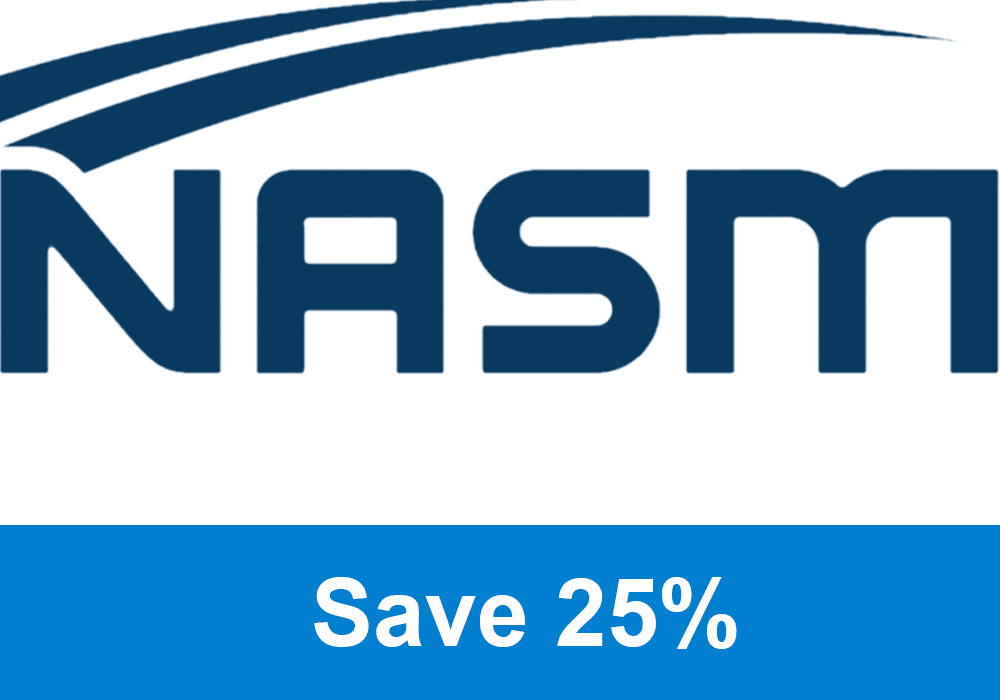 | Most Popular Cert | Best Study Materials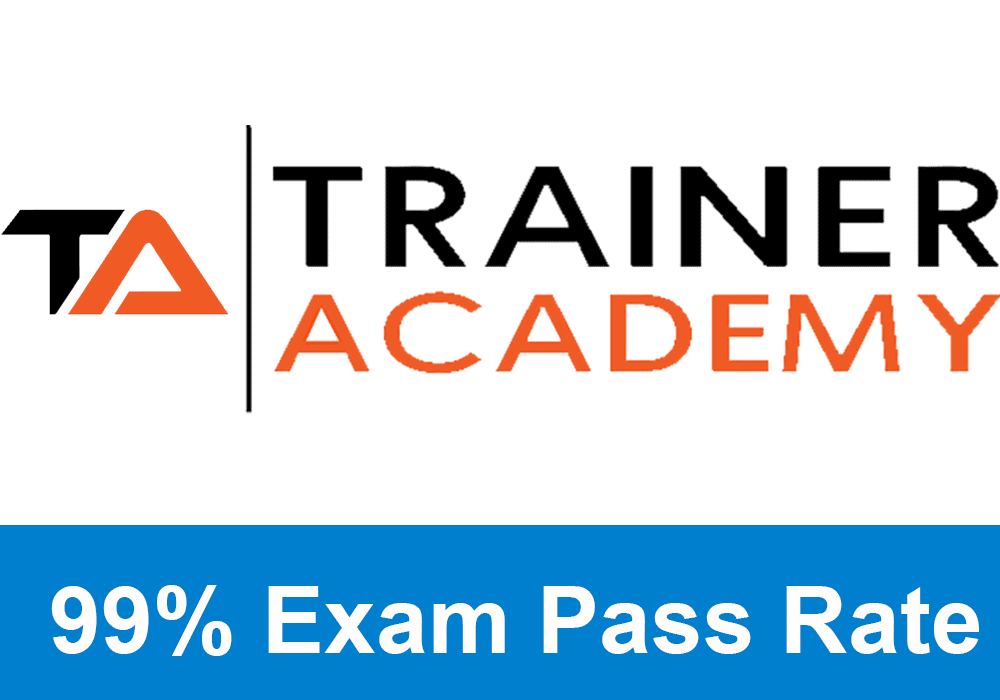 |
A Good Option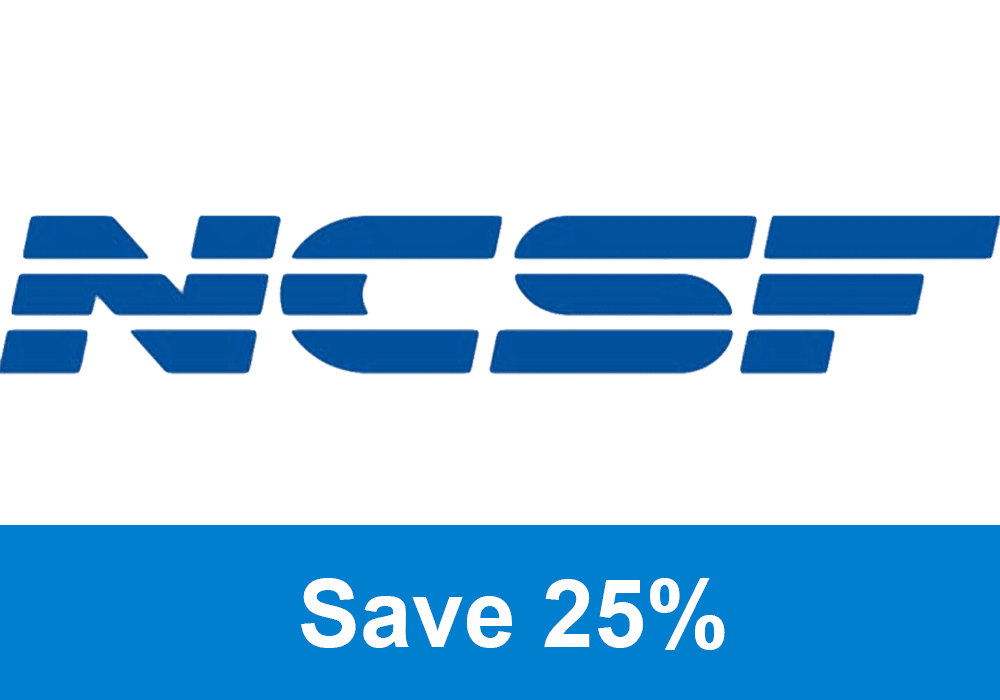 | A Great Option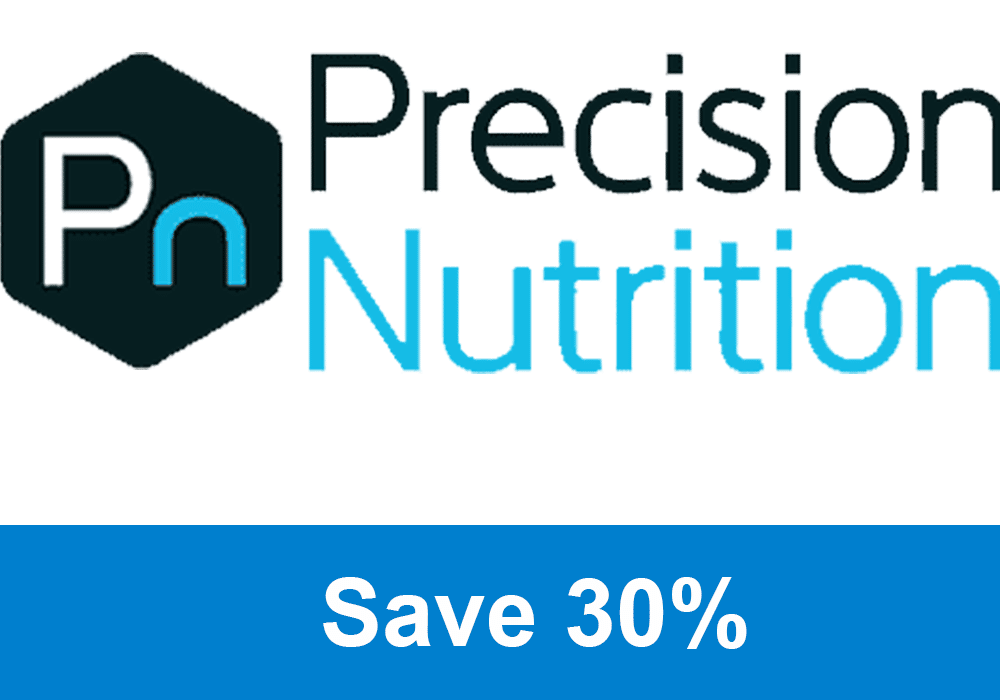 | Best Cert for you? 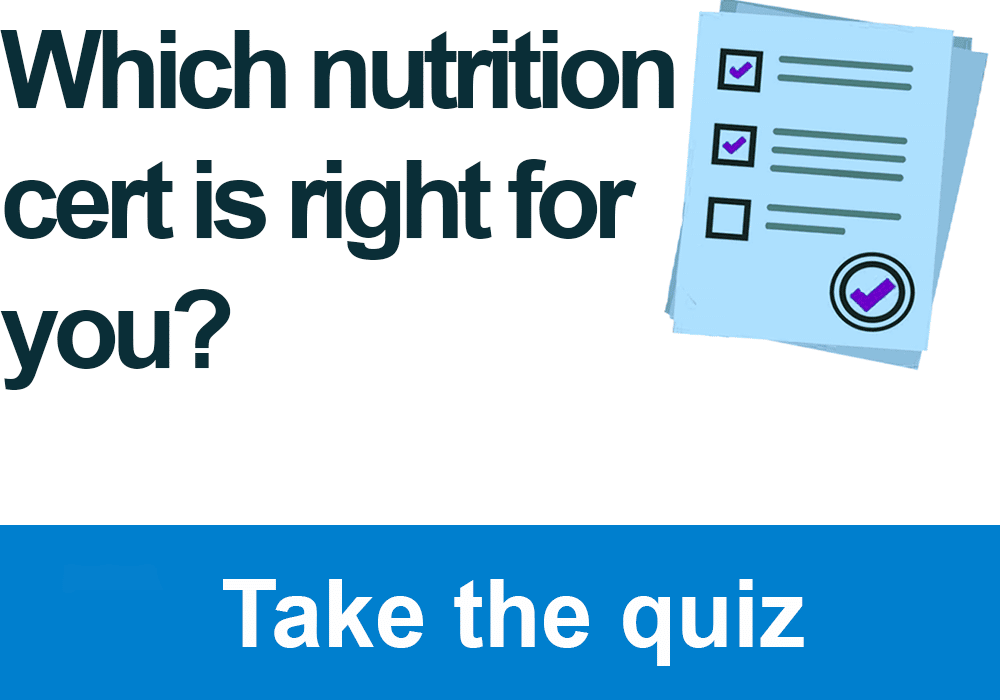 |
There are 4 exams throughout the course, every 10 modules, in fact. You’ll need to pass 2 out of the 4 for graduation. A mark of 70% is required to pass. On passing, you will automatically receive 40 college credits that can be used towards either a Batchelor’s or Master’s degree.
Cost
Tuition fees for this certification certainly aren’t cheap at $5,995. Bear in mind, however, that this is a year-long course and covers many principles, not only nutrition but also the business aspect. Factored in with that is the fact that you get access to around 100 dietary plans and guest lecturers, and all-in-all, I believe this is a top certification.
IIN also offers pay-in-full discounts and monthly repayment options from $199/month.
2: Nutritional Therapy Association (NTA)

The Nutritional Therapy Association (NTA) is a nutrition school established over 20 years ago in 1997. They aim to provide nutritional therapy training for health practitioners and others interested in the subject.
Currently, they offer two nutrition-based courses:
- Nutritional Therapy 101
- Nutritional Therapy Practitioner Online
Today, we will look at the latter a little more in-depth. This is a 10-month course that is taken online, although it is instructor driven. It incorporates the foundational and bio-individual approach to holistic nutrition, which is the NTA philosophy’s cornerstone.
Once accredited as a nutritional therapy practitioner, you can help clients improve their health and wellness and fight diseases by making changes to their lifestyle, eating nutrient-dense food, helping them with both personal aspects that affect their lives, culinary wellness, and more.
What You Will Learn…
Numerous important aspects of this program will help to form the cornerstone of your knowledge base.
These include:
- An in-depth look at each system within the body from a functional and dysfunctional viewpoint
- Sourcing quality food
- Improving culinary skills
- How to plan meals
- Barriers to health and wellness, as well as outside influences that affect our eating
- Improving overall well-being from an emotional standpoint
- The importance of movement/exercise/sleep
- How stress can negatively affect the body
Once certified, you will have the skills to interview prospective clients, motivate them to change using learned clinical and practical skills and nutritional knowledge and devise effective programs that will bring success.
The Curriculum
The curriculum for the NTP course is split into 20 modules and includes the following:
- Introduction and welcome
- Evolution of the modern diet
- Basics of nutrition
- Client consultation process
- Culinary wellness (part one)
- Introduction to Anatomy and Physiology
- Digestion and elimination
- Blood sugar regulation
- Fatty acid balance
- Mineral balance
- Hydration
- Endocrine
- Allergies and immune
- Cardiovascular health
- Sleep, stress, and movement
- Environmental factors
- Barriers, influences, and Emotional Well-being
- Nutritional detoxification
- Culinary wellness (part two)
- Practice resources
I think you would agree that the above is a pretty comprehensive look at nutrition and all the factors involved. Remember, these will go in-depth because this is a 10-month course.
Study Materials
Everything you need to complete this course is available in the NTA’s online portal. That includes all study materials, course notes, video lectures, group discussions, and access to lecturers and student forums. Webinars related to the coursework will also give students a great understanding of the concepts that are found throughout the curriculum.
Note that some essential coursework for this certification will need to be bought separately.
Exam information
NTP certification has two exams. The first is a mid-term exam, while the final exam, at the end of the course, is a written exam for which you must achieve an 80% score to pass.
Cost
As you might expect from a 10-month course, this certification from the NTA isn’t cheap. In fact, it will cost $5,900.
The good news is that if you cannot afford a lump-sum payment, you can pay off the course over a five-month period.
3: American Fitness Professionals Association (AFPA) Holistic Nutritionist Certification

The American Fitness Professionals Association (AFPA) offers a range of certification options in the field of health, nutrition, and fitness. One of their most popular when it comes to holistic nutrition, however, is their holistic nutritionist certification.
I like that it is thorough, can be completed in six months or less, and is relatively cheap against competitors. Not only that, but it gives you a range of options regarding the material supplied.
For example, while the course is all online, you can choose to have a textbook as part of your package for a more hands-on study approach. And that’s useful for those of us who like to page through reference material instead of using an E-book. But of course, that option is available to you as well.
What You Will Learn…
There is no doubt about it; this course is comprehensive. And the AFPA really covers everything that you need to become a successful holistic health coach. But let’s look a little deeper at exactly what it is that you will gain from taking this certification.
On completion of the AFPA holistic nutritionist certification, you will have the knowledge base to be able to:
- Guide clients to identify and remedy the nutritional mistakes that lead to health complaints that they may suffer from
- Draw up both individual eating and lifestyle plans that help a client towards a healthy way of living
- Help improve the overall quality of life by promoting healthy eating and monitoring each individual’s nutritional intake.
- Provide expert advice in various important holistic nutrition areas, including selecting the right foods, healthily preparing them, helping with diet modifications, and more.
- Assess clients with dietary restrictions and draw up special holistic nutrition plans.
- Constantly develop new eating plans, trail them, and incorporate them into existing programs.
- Promote strong immune systems and physical and mental health by encouraging food habits that include foods that support the latter, as well as helping to prevent illness and diseases.
- Guide individuals through various nutritional concepts, including taking in macro and micronutrients, which supplements they should use, alternative dietary concepts, and more.
The Curriculum
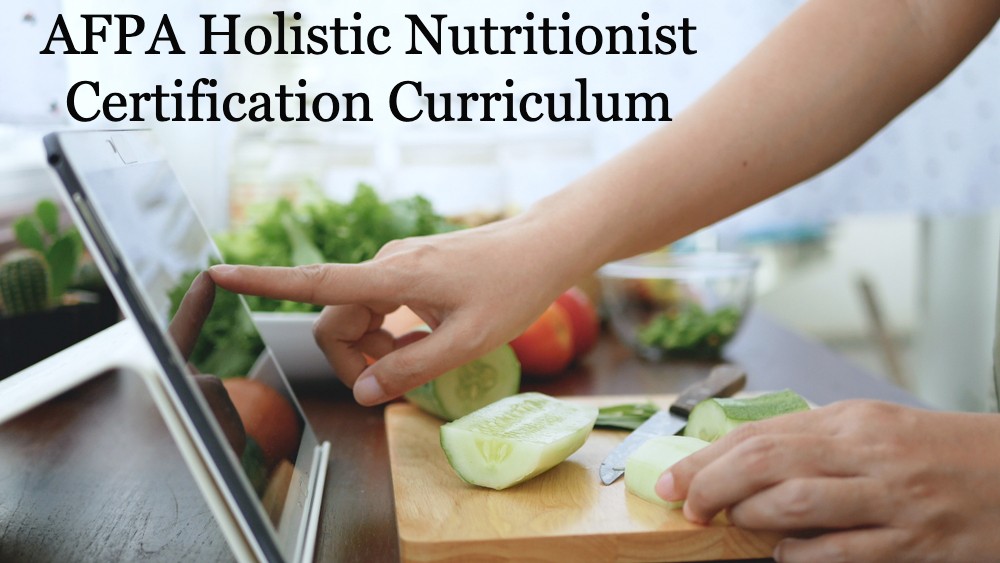
This certification is split into three main modules.
So what will you receive in terms of study materials when you sign up for the AFPA holistic nutrition course? Well, let’s break it down.
Exclusive PTP Nutrition Offers |
||
|---|---|---|
Gold Standard Cert | Most Popular Cert | Best Study Materials |
A Good Option | A Great Option | Best Cert for you?  |
Module 1: Holistic Nutrition and the science behind it
The first module goes straight into the human body with a basic look at physiology and anatomy. Here, you will learn about the human body’s various systems and how they relate to each other.
Furthermore, this module delves into health and disease models from both a traditional and a holistic standpoint. You will also be taught the proven spices, herbs, and whole foods that can help prevent certain diseases and reverse them.
Finally, the more important theory is taught in the form of which foods should form part of a holistic daily diet and which should be avoided.
Module 2: Skill Development for Nutrition Consultants
This module provides students with a hands-on approach to developing the skills needed to provide counseling strategies and the protocols behind them for individual clients.
This is done through practical case studies as well in the form of action-based worksheets that highlight nutritional assessments, strategies for counseling, and more.
This module also provides you with a range of questionnaires, worksheets, forms, and checklists, which will be very useful to those starting out in the holistic nutrition field.
Module 3: Presentations – Holistic Health Research
The final module presents a wealth of information about holistic nutrition, the most up-to-date research, practical guidance, and relevant nutrition information that helps hinder chronic disease and even reverses it.
Concepts covered here include various eating programs (Paleo, veganism, vegetarianism), whole foods, the importance of supplements, the value of herbs, and more.
These concepts come in the form of fact-based presentations geared at making everyday changes that lead to overall wellness.
Study Materials

So what can you expect in the form of study materials for this certification? Well, I believe that the AFPA provides you with a thorough range of materials that will provide you with everything you need to become accredited.
This includes:
- Digital coursebook or textbook depending on your package chosen
- A range of self-assessment options, including quizzes
- Around 16 hours of online learning resources, including both video and audio lectures
- Transcripts for the video and audio lectures
- A meal plan covering 28 days, including the necessary shopping lists as well as recipes
- Various forms, questionnaires, and worksheets to help you assess clients when starting out
- Various aids to help you start your own business (counseling and life management forms)
Exam information
You will need a test score of 85% and above to pass this certification. Should you fail, you can take a retest for $75.
Cost
Finally, let’s take a look at the cost breakdown for this certification. There are three options:
- Online with E-book only – $899
- Online with the textbook only (no E-book) – $869
- Online with textbook and E-book – $969
AFPA often hold specials, so it’s well worth checking out their website to see if you can land any should you be interested in this course.
4: Nutrition Therapy Institute (NTI)

Since 1999, the Nutrition Therapy Institute (NTI) has provided holistic health and wellness certification options to students in the United States. Today, their top certification option is that of the nutrition therapist master.
This course consists of three parts, offered both online and in a class environment. The first comprises eleven 10-week academic courses and two separate 20-week skill development courses.
This is a long course but if you do it full-time, it can be completed in 18 months. For part-time students, the course will take three years.
What You Will Learn…
With such an in-depth course, you can imagine how much information you will get through. For that reason, let’s break down the academic course and the two separate skill development courses a little more to give you an idea of what you can expect.
The academic course contains the building blocks you need to handle the holistic nutrition side of everything. It is split into 11 modules which we will briefly look at a little later.
The two separate skill development courses cover the following:
- Business reading and coaching skills
- An independent study in an area of interest of each individual student
The Curriculum
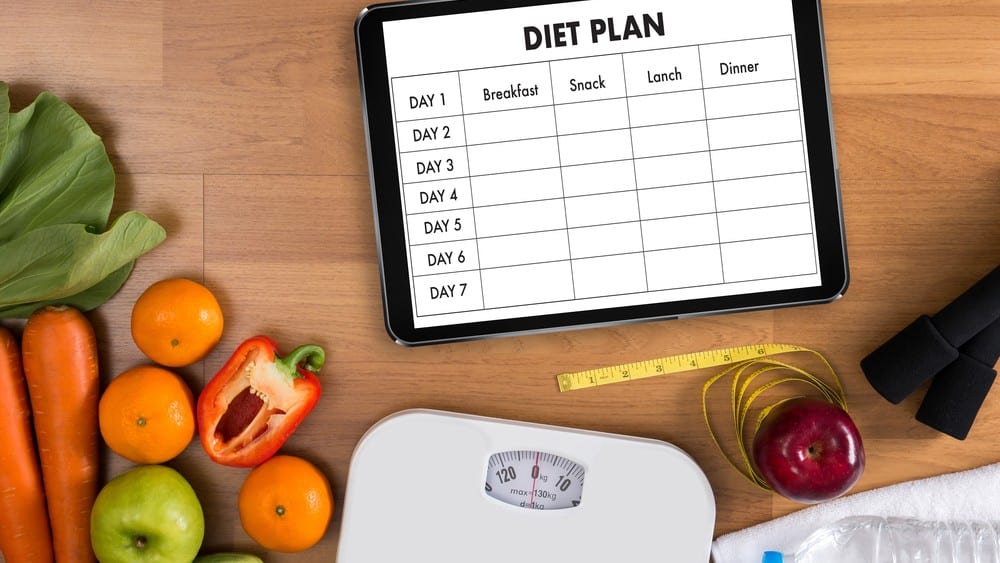
Now let’s look at the curriculum a little more closely
Academic Course
The academic portion of the course, which runs for 10 weeks, includes the following modules:
- Anatomy & Physiology for the Nutritionist
- Biochemical Foundations of Nutrition
- Nutrients: The Building Blocks
- Nutrition Therapy in Practice
- Digestion and Detoxification
- Life Cycles and Healthy Aging
- Pathophysiology and Clinical Applications
- Weight Management and Sports Nutrition
- Nutritional Endocrinology and Reproductive Health
- Introduction to Herbology, Supplements, and Nutritional Lab Reports
- Research and Communications
Business Readiness and Coaching Skills Course
Once you have the theoretical building blocks to become a nutrition therapist master, the next part of the certification covers concepts such as working with clients, building your business, and more.
Independent Study
The final part of this certification is an independent study that focuses on a particular area a student wants to specialize in once they have completed the course.
Study Materials

Several study materials that you need are provided by the NTI for both online and classroom study, depending on your preference. Note, however, that this does not include several coursework books. These will cost an additional $1,000.
Cost
Ok, let’s say right out that this is not a cheap course. In fact, it will set you back just under $10,000. That said is extremely comprehensive and provides you with all the information you need to make a start in the world of holistic nutrition.
Each separate model that forms part of the academic course costs $790 and there are 11 in total. The business readiness and coaching skill course costs $790, while the independent study costs $475.
Payment plans are available.
5: Bauman College

Bauman College started out offering nutritional studies way back in 1989. Today, they offer three certifications: natural chef, health coach, and the one I want to look into, nutritional consultant.
What You Will Learn…
The nutritional consultant certification is a very detailed study that will take around 14 months to complete and students will need to invest 15 hours per work in doing so.
At the end of it, students have gained the information they need to help promote good health and help prevent illness in their clients through the use of whole-food nutrition and counseling them about nutrition.
A business element is also built into the certification.
The Curriculum

The curriculum for this certification is split into two: foundations of nutrition and therapeutic nutrition.
Foundations of Nutrition
Foundations of Nutrition is split into the following modules:
- Eating for health
- Digestive physiology
- Biochemistry
- Nutritional analysis
- Macronutrients
- Micronutrient
- Nutritional counseling
- Case presentations
Therapeutic Nutrition
Therapeutic Nutrition has these modules:
- Nutritional consulting, analysis, and meal planning
- Biochemistry and metabolism
- Immune health
- Endocrine health
- Digestive Physiology and gastrointestinal health
- Liver health and detoxification
- Cardiovascular health
- Client case presentations
- Cancer
- Neurological health
- Musculoskeletal health
- Pain management
- Life cycle health and support
The final step is advanced business training. Once the theory aspects are completed, students will submit a research project.
Study Materials
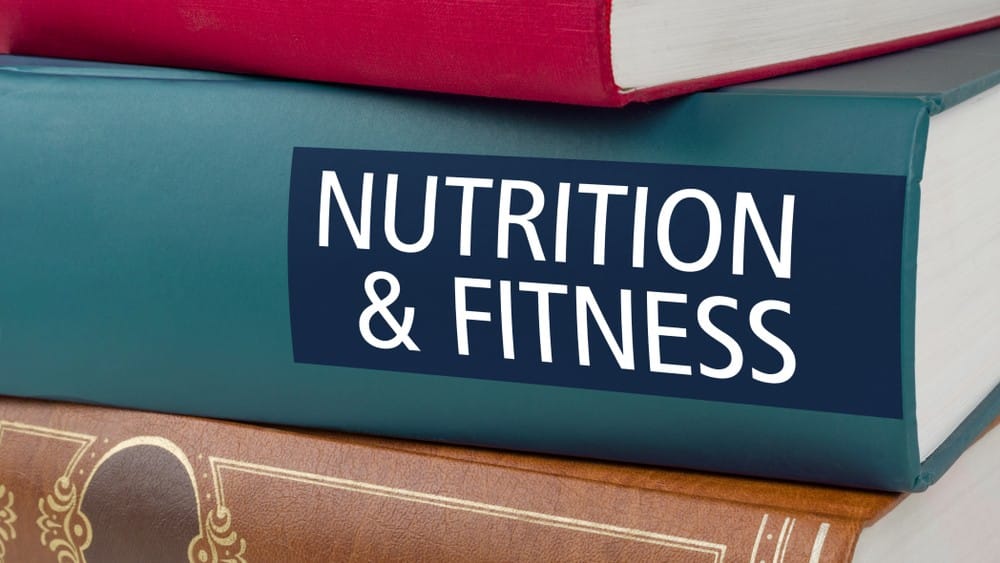
This course can be completed at one of the Bauman campuses or online. All you need will be provided, although if you choose to pay the course off, you will pay additional fees for some books.
Exam information
To progress from the first phase (foundations of nutrition) to the second phase (therapeutic nutrition), a pass mark of 80% is necessary. The final research project must be submitted four weeks after completing the course.
Cost
Again, as this is a very comprehensive course, the cost is pretty high. All-in-all, it comes in at just under $8,000, although Bauman does allow students to pay it off.
Last words…

Phew! I am sure you will agree that we have covered five excellent courses regarding holistic nutrition. As with all things in life, each has its strengths and weaknesses.
At the end of the day, if this is the path you think you want to move into, take the time out to conduct delve into these options a little more. I suggest cutting your choices down to two and going from there.
Good luck!
References
- “All About Nutrition Schools.” Nutrition Designed, 21 Jan. 2019, http://www.nutrition-designed.com/blog/2019/1/21/all-about-nutrition-schools.
- “AFPA Holistic Nutritionist Program Guide 2019.” American Fitness Professionals & Associates (AFPA), 2019, https://cdn2.hubspot.net/hubfs/349216/2019%20Updated%20Guides/AFPA%20Holistic%20Nutritionist%20Program%20Guide%202019.pdf?__hssc=253468374.2.1558585013230&__hstc=253468374.76994684091d7760714092737795fab4.1558585013229.1558585013229.1558585013229.1&__hsfp=1885817573&hsCtaTracking=12a928b1-5eb1-407f-b6d0-394d79921f86%7C07688b85-2595-4d34-8303-e9b44bd1e4f4.
- Institute for Integrative Nutrition, https://www.integrativenutrition.com/.
- Nutritional Therapy Association, https://nutritionaltherapy.com/.
- “Frequently Asked Questions.” Nutritional Therapy Institute, https://ntischool.com/frequently-asked-questions/.
- Nutritional Therapy Institute, https://ntischool.com/.
- “Nutrition Consultant Program.” Bauman College, https://baumancollege.org/programs/nutrition-consultant/.

 Have a question?
Have a question? 


Which is best for fully holistic Certification?
Hey April, all of these certifications are great for holistic certification, it is really just about which one you think is best for your career.
Do you feel AFPA focuses too much on one dietary philosophy (90% plant based) No mention of Mediterranean and very little on Keto. Plant based diets are not for everyone.
Hey Dan, that is a valid criticism, and it may just not be the program for you. I definitely think it is best to teach all angles of nutrition preference. Most CPT certs do so, but holistic nutrition certs may not do it as well as them.
Out of the 5 programs you listed which program would you go with
I like the Institute for Integrative Nutrition. But all of these on this list are good options.
Hi Tyler,
Just find your blog and I just love it thanks for doing the hard work to give us your trusted reviews.
I also read your other review about the nutrition certification which is also very very helpful, Ím in between the NASM cnc and the AFPA holistic nutrition certification, I would like to know what are the main differences and what would you recommend or they complement each other? Thanks
It really depends on whether or not you want a fully holistic nutrition certification or a General Nutrition certification that’s more meant for Fitness professionals such as personal trainer is excetera. I hope this helps.
Hi!
I am a Nutritionist based in India. I was looking forward to start with AFPA holistic nutrition course. But when I checked their payment options, I see that the course is only available for US citizens.
Is it true or students across the globe can apply for this course?
That is a very good question, I definitely suggest contacting them to see if it’s open to other countries.